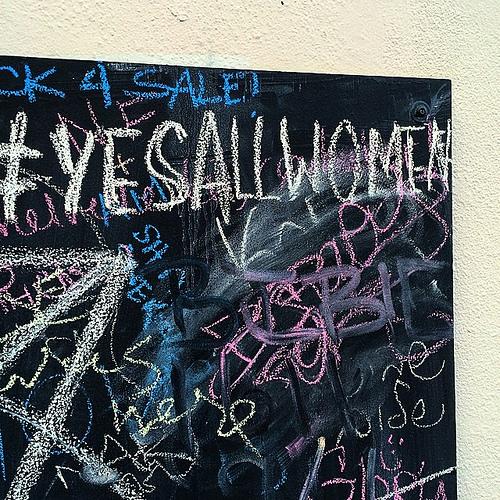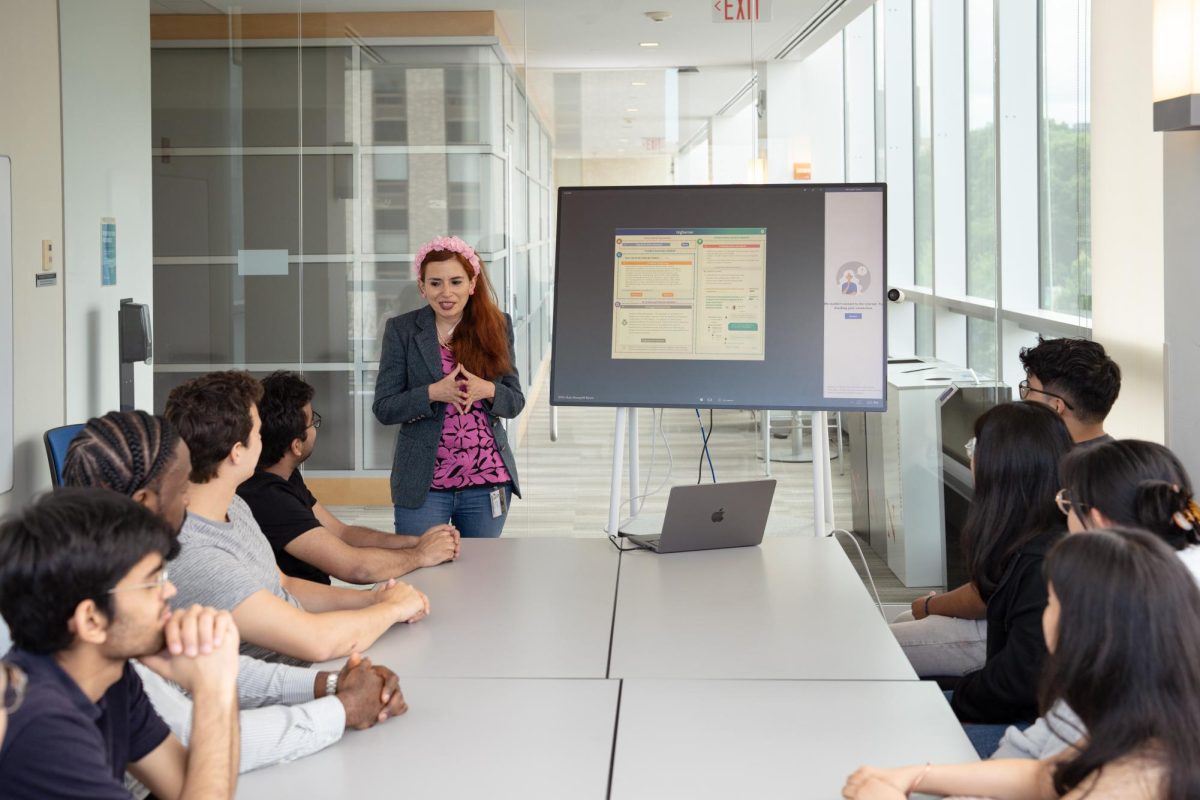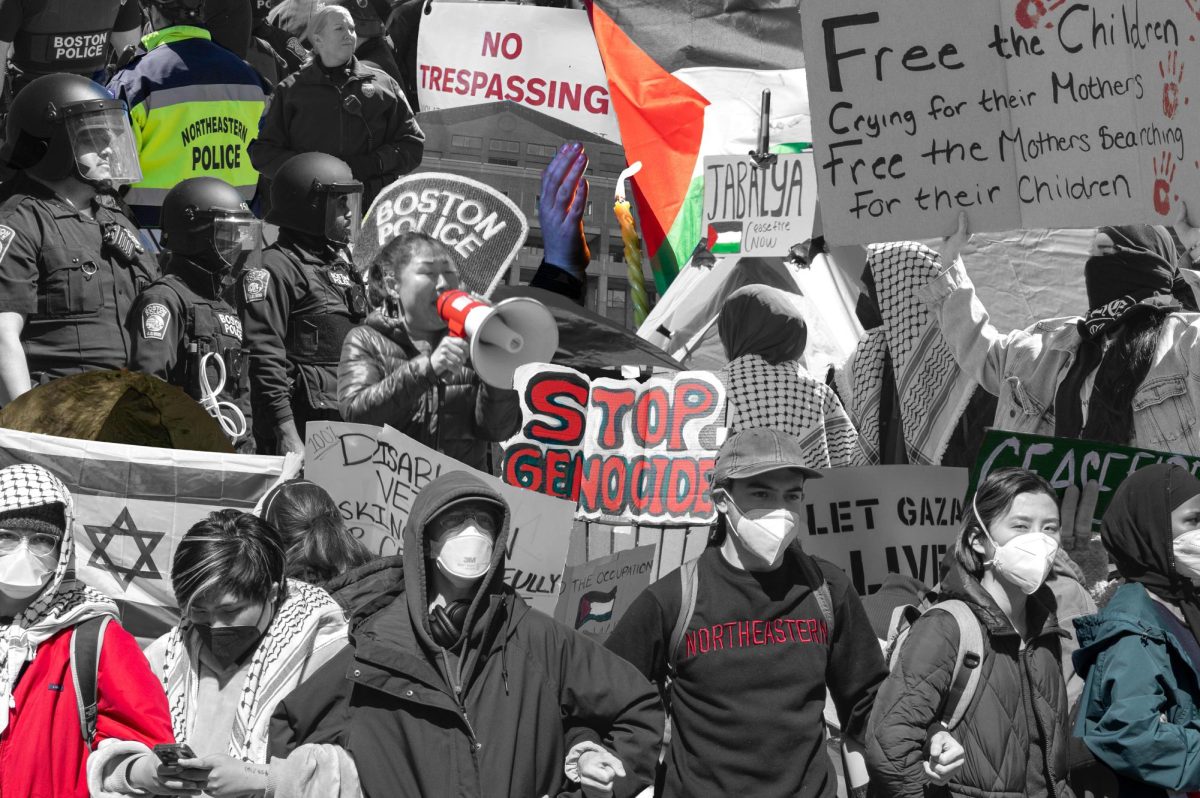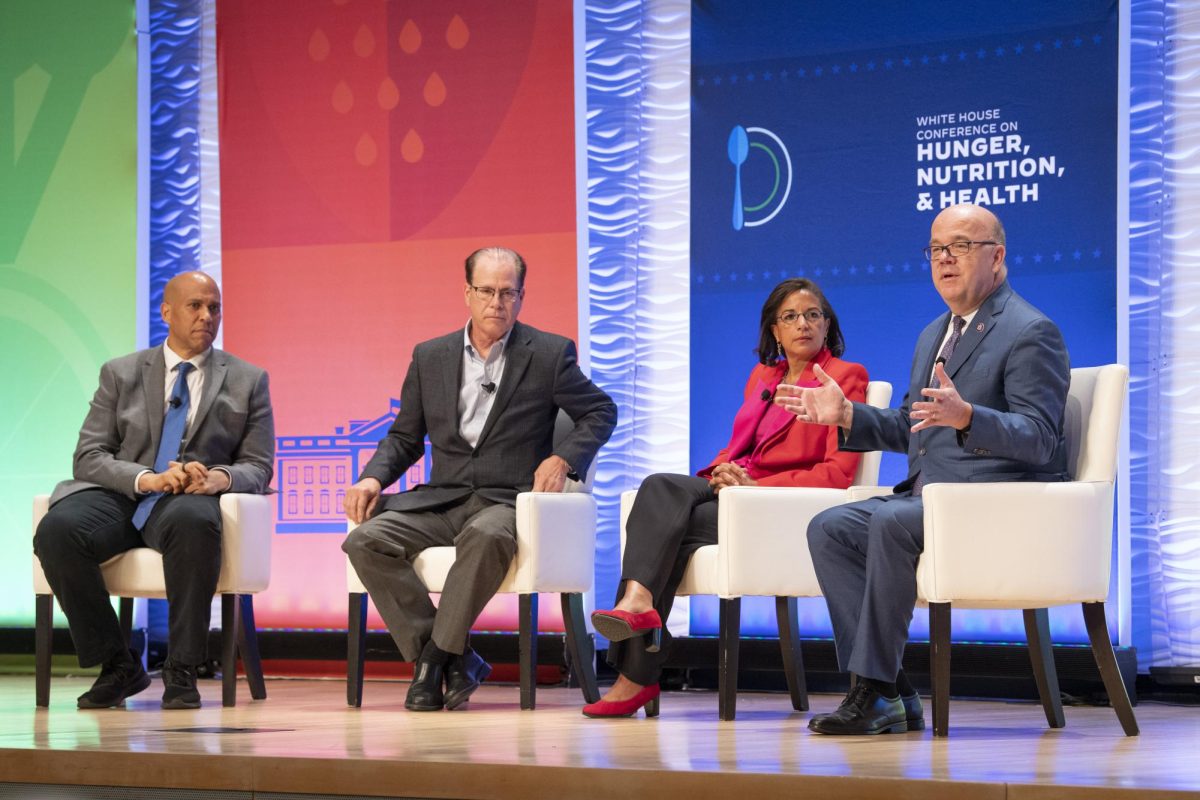By Kenny Sokan
In the wake of the shooting near University of California, Santa Barbara (UCSB), leaving seven dead, including the shooter, and 13 injured, a social media movement called #YesAllWomen has emerged on Twitter.
The movement was inspired by what is being called 22-year-old killer, Elliot Rodgers’, “manifesto” – a 141-page self-written document — and multiple videos posted to YouTube. In them he reveals he had been planning the attack for more than a year. His motive was contempt for women because of romantic rejection or lack of romantic interest towards him.
“[His manifesto] is absolutely heartbreaking; just really really difficult to read,” said Helen Sharma, a middler international affairs major and president of Northeastern’s Feminist Student Organization (FSO). “It leaves a very direct message that he hates women…Violent misogyny is an issue that affects people across the nation and across the globe.”
In the manifesto, titled “My Twisted World: The Story of Elliot Rodgers,” Rodgers writes “it was society’s fault for rejecting me. It was women’s fault for refusing to have sex with me.” He continues on page 94 to say “I needed a girl’s love. I needed to feel worthy as a male. For so long I have felt worthless, and it’s all girls’ fault. No girl wanted to be my girlfriend.”
On page 124 he calls the rejection he faced by women through his life a “declaration of war,” and on page 135 he says, “the ultimate evil behind sexuality is the human female.” He then goes on to call all women a plague and undeserving of any rights: “their wickedness must be contained in order [to] prevent future generations from falling into degeneracy. Women are vicious, evil, barbaric animals, and they need to be treated as such.”
Rodgers details an imagined world where he would keep women in internment camps. There, they would starve to death, except for a small number of women who would be needed for the purpose of reproduction.
In a global conversation, women are using Twitter as a forum to share stories of harassment and abuse, attaching #YesAllWomen to their comments to symbolize that all women have been victims of sexism and misogyny at some point.
“It’s really important that women are able to voice these issues in a way that is recognized by the general public and I think twitter is an excellent platform for that,” said Sharma.
One of the goals of #YesAllWomen is to bring attention to a larger societal issue of the mistreatment of women by men.
“Of course however our society thinks collectively is going to be reflected in the individual,” said Mark Nakib, a middler computer engineering major and member of FSO. “…To say society didn’t influence his actions would be ludicrous.”
#YesAllWomen was also created in response to the “not all men” defense that has been used over time in similar situations such as this where men are criticized for their behavior. The defense acknowledges the many issues women face in society, but contends not all men are responsible for causing them. The defense received its own hashtag to counteract the movement.
“I think that a lot of people who aren’t in support of [#YesAllWomen] aren’t understanding what exactly the point of it is,” said Emily Loring Good, a middler English major and FSO member. “The point is that you may not be a victim, but would you want to live in a society that makes you feel like crap if you were?”
In a conversation Sharma had with her father on the matter, she shared some of her own experiences with him and was surprised at his shock.
“I had never told him that I had been harassed because I assumed that he knew,” said Sharma. “After telling him, he was like ‘What? Men talk to you like that?’ I told him ‘of course they do!’ These are things that men don’t really think about, especially if they aren’t men who see that happen.”
The conversation has moved off Twitter and onto Facebook and Tumblr, and has been the subject of many articles by various publications. Sharma is hopeful that the attention the incident has brought to these issues is a step in the right direction for change.
Boston college campuses have seen a high rise of reported sexual assaults, the Boston Globe reported. According a review of federal statistics by the Globe from the most recent data supplied by colleges, between 2008 and 2012 “forcible sex offenses” increased by 40 percent across 22 of the largest campuses in or around the Boston area.
“Ideally the shooting can be a turning point in the widespread acceptance of these issues and the widespread understanding of sexism as an everyday issue,” said Sharma.” I can’t say whether or not it will, but I can say the #YesAllWomen campaign and reactions to the shooting has gotten a lot more press than other similar issues in recent years and if anything is going to make that break through, this just might.”
Phot courtesy Aaron Muszalski, creative commons









